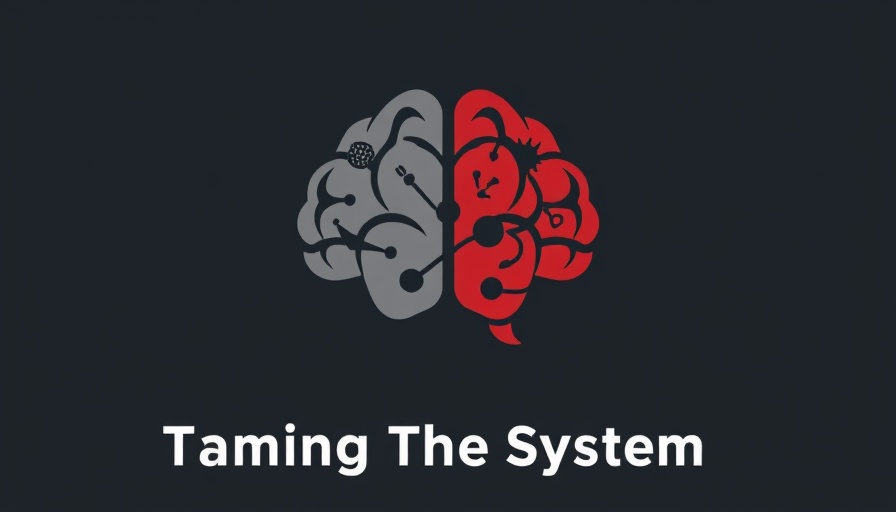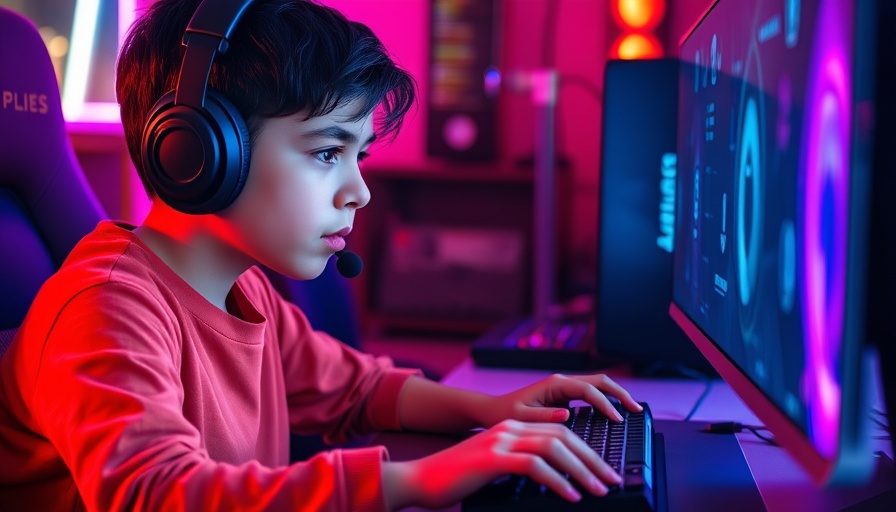
Winning Big at a Young Age: The Story of Wolfiez
Imagine being just 15 years old and earning a whopping $1.4 million playing a video game. This was the reality for Jaden “Wolfiez” Ashman, a kid who rode the Fortnite wave to financial success. Yet, his victory comes with an unexpected twist—he decided to quit the game entirely shortly after reaching this milestone. What led to such a decision? And what does it signify in the larger conversation surrounding gaming, especially for young gamers?
The Costs of Competitive Gaming
For many young players, the allure of fame and fortune offered by esports can overshadow the potential downsides. Gaming addiction is real, and the pressure to perform can become overwhelming. According to a study by the American Psychological Association, over 8.5% of gamers experience symptoms of gaming disorder. For parents, understanding the signs of excessive gaming is crucial as it can lead to mental health issues, social isolation, and even deteriorated physical health.
Understanding the Decision: Why Wolfiez Walked Away
After achieving financial success, Wolfiez decided to step away from Fortnite. His choice reflects a growing awareness among young players about the risks associated with prolonged gaming. Game Quitters, an organization dedicated to addressing video game addiction, notes that the gaming environment can often foster unhealthy habits. For instance, the mechanics of games are designed to keep players engaged, potentially leading to addictive behavior.
Creating Balance: Encouraging Healthier Gaming Habits
As parents, navigating your child’s gaming habits requires a balanced approach. Setting boundaries on screen time, fostering open communication, and encouraging involvement in real-world activities can mitigate the adverse effects of gaming. By promoting device-free activities such as sports, reading, or family outings, parents can help children foster a fulfilling lifestyle beyond screens.
Resources for Parents: Tools and Techniques for Managing Gaming
Game Quitters offers resources specifically for parents: a forum for sharing experiences, a quiz for assessing gaming addiction, and a guide to help children find balance. Parents can take proactive steps by exploring these resources and considering family discussions about technology use, ensuring everyone is on the same page about expectations.
Conclusion: A Lesson from Wolfiez That Every Parent Should Consider
The story of Wolfiez serves as a wake-up call in recognizing the importance of healthy gaming habits. Winning millions at a young age can seem like the ultimate dream, but it is essential to prioritize mental health and overall well-being over instant fame. Understanding the implications of gaming addiction and creating a balanced lifestyle for your child is vital. By engaging with this narrative, parents can inspire healthier relationships with technology; let’s encourage our children to thrive both on screen and in the real world.
 Add Row
Add Row  Add
Add 




Write A Comment